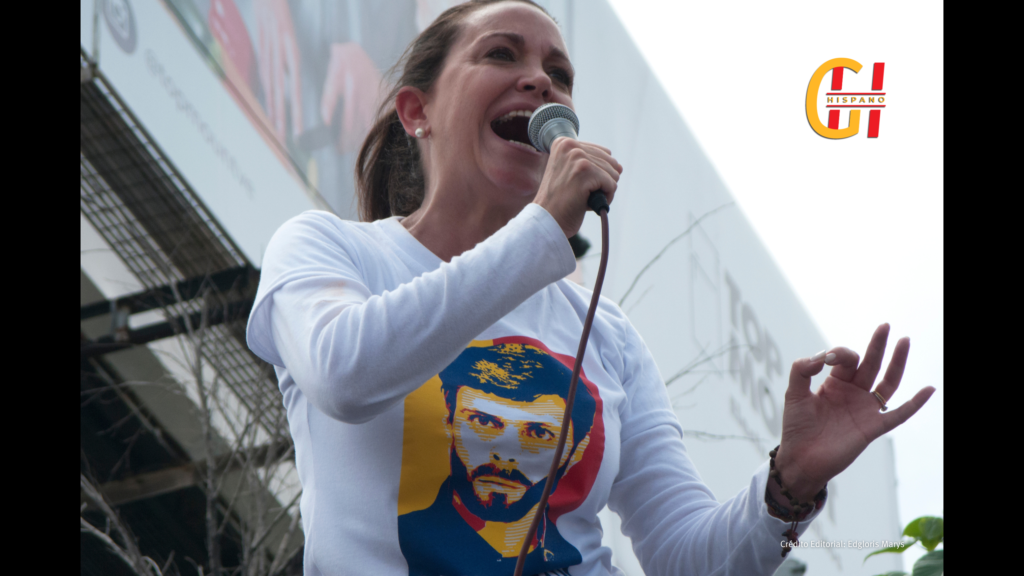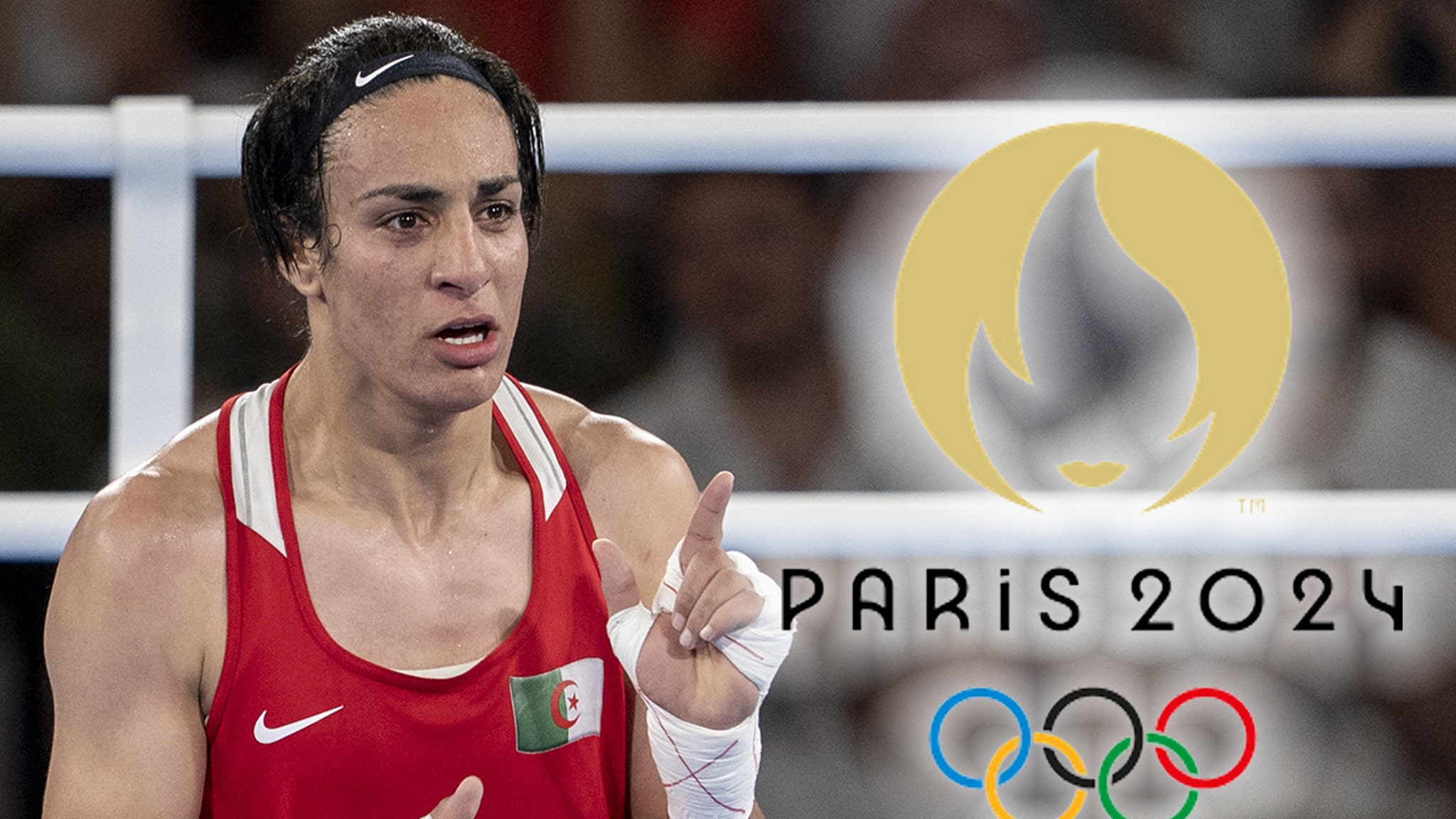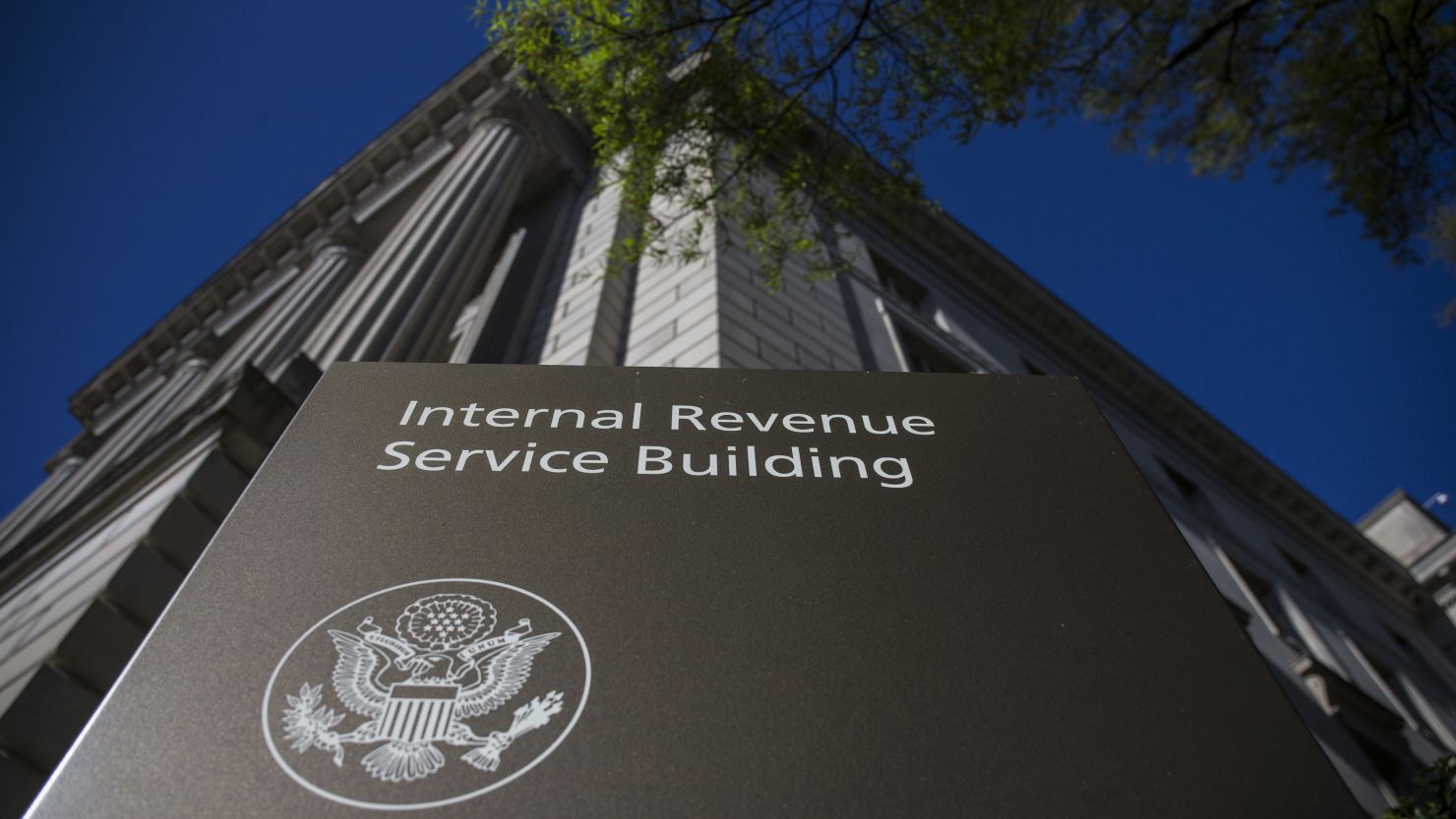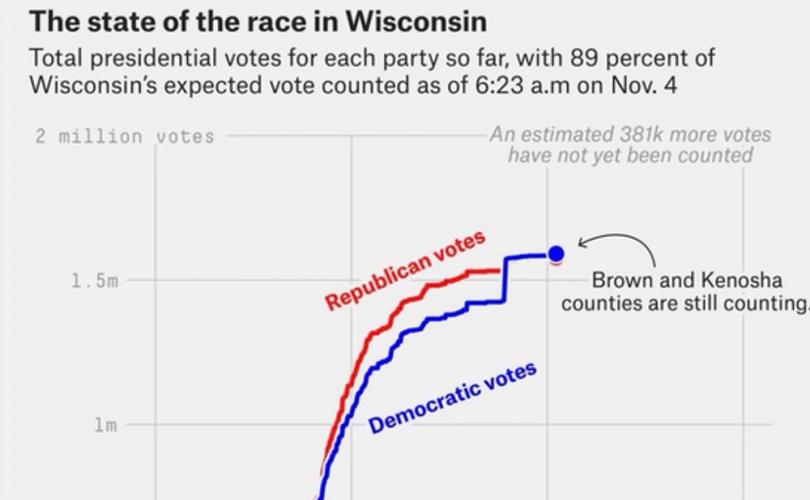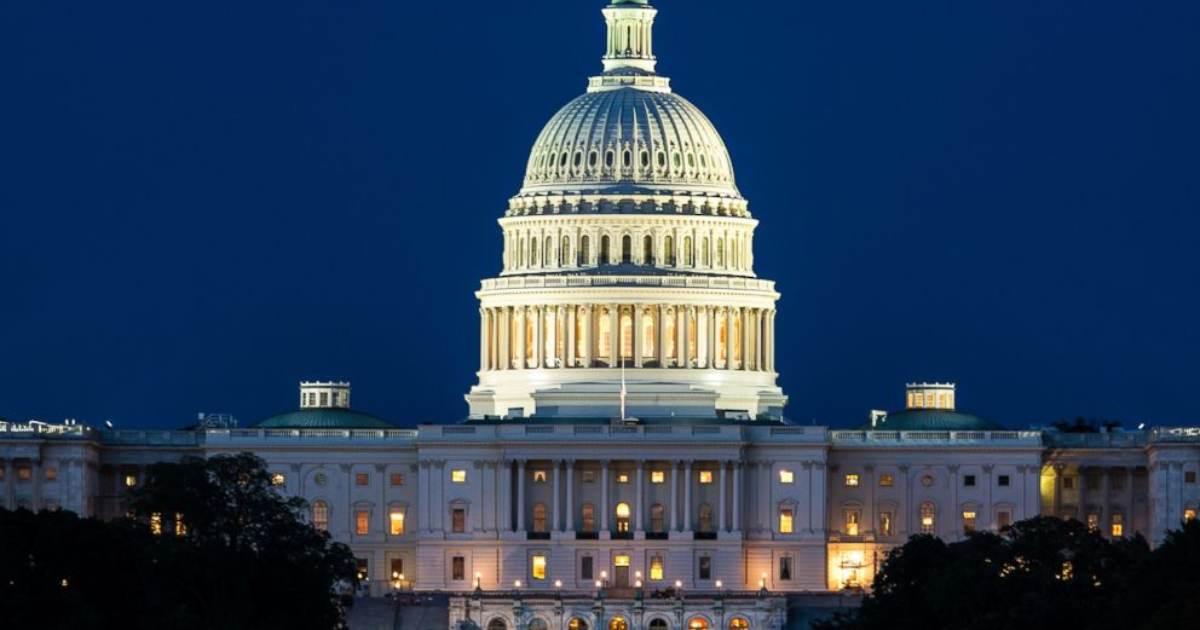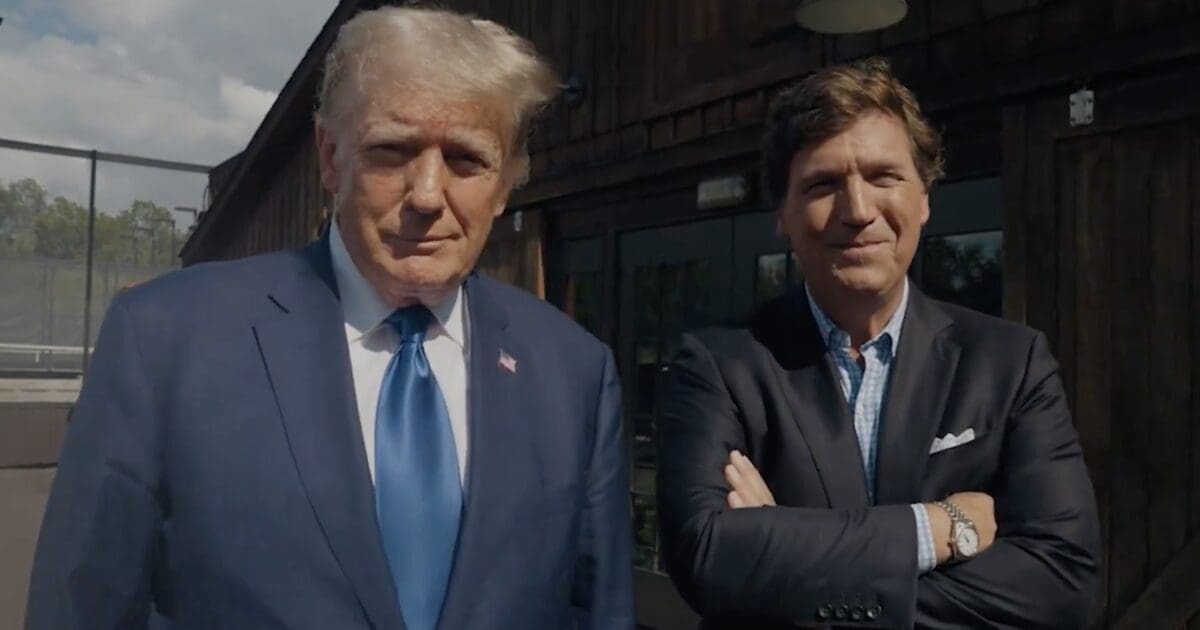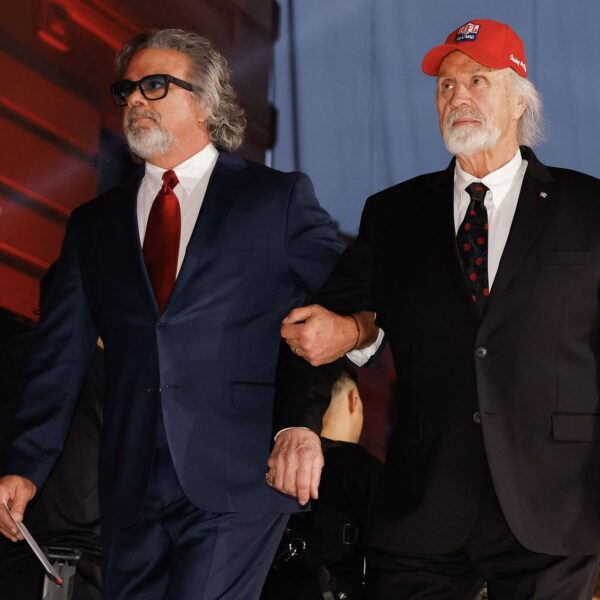
This article originally appeared on GatewayHispanic.com and was republished with permission.
The opposition in Venezuela remains firm in its demand for electoral transparency. They insist on counting the votes. To achieve this with the support of the regime, they have asked their allies. Confident of her victory, María Corina Machado said that she makes the scrutiny records available “to all experts from any country in the world and especially from Colombia, Brazil and Mexico .” She wants regional leaders to confirm that Edmundo González Urrutia did indeed obtain more votes than Nicolás Maduro.
“We would be very interested in having interaction with the National Electoral Institute of Mexico,” he stated. He assures that Mexico has a “ very important role ”, an “enormous responsibility” in ensuring that the electoral results are transparent by having a direct channel of communication with the Maduro regime,” Machado said in a virtual press conference with Mexican media.
Venezuela affects the entire region
Given that more than 7 million Venezuelans are in exile, the political situation in Venezuela affects the entire region. Well, they must open their borders to a demographic change, the saturation of their social services and in some cases they suffer an increase in both common and organized crime (as in Chile through the Aragua train).
For this reason and more, María Corina appeals to regional governments. She announced that Venezuela needs now more than ever “democratic governments speaking very firmly,” especially if they have communication with the ruling party, “so that they understand that the conflict in Venezuela transcends our borders.” She highlighted that a new wave of migration, even greater than the previous one, could affect the region.
“Unbiased verification of results”
Although they are still allies of Maduro, Brazilian President Lula Da Silva was forceful about respecting the popular will. What’s more, he sent observers to the electoral process on July 28. And they were received. This is worth saying given that the regime prevented the entry of multiple international observers, including former presidents of Mexico, Bolivia and Colombia. So much so that Andrés Pastrana called him a narco-dictator. However, some of Maduro’s allies insist they want to be part of the democratic process.
“The fundamental principle of popular sovereignty must be respected through the impartial verification of the results,” said presidents Luiz Inácio Lula da Silva, Gustavo Petro and Andrés Manuel López Obrador
Opposition has no contact with the Mexican government (yet)
However, the opposition leader clarified that she and presidential candidate González Urrutia have not yet had direct communication with the Mexican government. But she assured that “we are open to her intermediation as well as that of other countries that are also willing to contribute to advancing a serious, real, effective negotiation for a transition.”
However, an official from López Obrador’s government told the Associated Press that they have dialogue with both the ruling party and the opposition in Venezuela. But he clarified that it is not a “mediation.” Not because there is no will on the part of his government but because he assures that none of the parties have requested it.
Likewise, the official confirmed that diplomatic efforts are underway. Furthermore, he stated that the representatives of the three countries have recommended that the Maduro government and the opposition act in accordance with Venezuelan laws and appear before the corresponding institutions to appeal any part of the electoral process.
Opposition appeals to institution that AMLO attacks
The curious thing is that the Venezuelan opposition is asking for support in Mexico from an institution that has been bitterly opposed to Andrés Manuel López Obrador. There were massive marches in defense of the INE: Mexican National Electoral Institute, since citizens claimed that it was in danger from the government of Andrés Manuel López Obrador. Since he has harshly criticized the INE. His opponents defend him precisely for that reason. Well, they warn that taking care of that institution prevents Mexico from being like Venezuela.
As an example of this concern is the lack of agreement between the results of the CNE, National Electoral Council, of Venezuela and the opposition figures. According to the CNE, Maduro obtained 6.4 million votes and his rival Edmundo González, representative of the opposition Unitarian Platform coalition, obtained 5.3 million . Which is much more than the figures originally announced by the regime.
However, the count would not have been objective since the opposition leaders assure that they have 80% of the vote count records. And they assure that Maduro had been defeated. That is, they question the official figures.
Meanwhile, images and videos of Venezuelan citizens are circulating on social networks assuring that “it has not cooled down,” that they remain hopeful for a transition and that they will not be abandoned. At the same time, the opposition leadership seeks support from the international community.

